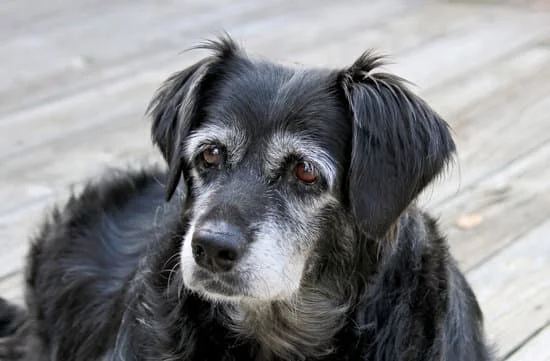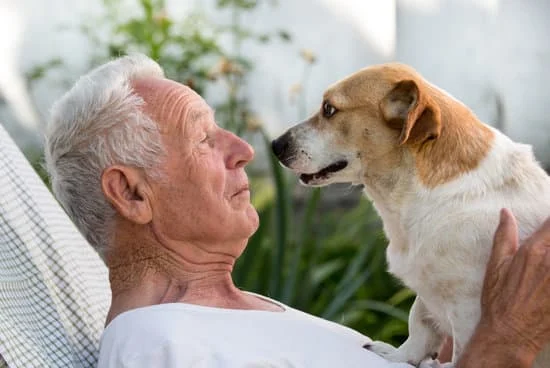

How to keep your “Golden Oldie” comfy this Winter
Winter can be a challenging time for anyone with sore, creaky joints, but often we don’t realise that our pets are in as much discomfort as humans with arthritis.
How do I know if my pet is in pain?
There are the obvious signs: your pet appears to have difficulty getting up after lying down for some time or limps visibly.
But some might not be so obvious. If your pet shows any of the following, chances are he/she is sore:
- Reluctance to play or exercise.
- Lagging behind the others on a walk.
- Reluctance to climb stairs or jump down from a height or up onto furniture.
- Annoyance or aggression towards family members who attempt to engage the pet in play.
- Lying around for hours without moving around. (This is seen mainly in cats and is often passed off as “normal cat behaviour”; the truth is, most cats over the age of 11 years display some arthritic changes which affect their mobility, and they move less as it causes them discomfort).
- Weight gain.
- Loss of toilet training (dogs do their business inside, or cats may not reach the litter tray in time).


At what age are pets at risk?
Pets of any age may experience arthritic changes following athletic trauma to joints or skeletal abnormalities such as hip- and elbow-dysplasia, but osteoarthritis is most commonly a wear and tear condition associated with old age.
Cats and small to medium breed dogs (up to 25kg adult weight) are considered Seniors after seven years (although many reach very advanced ages close to 20 years… which is a long time to potentially be living with joint pain!)
Large breed dogs (25-40kg adult weight) are Seniors at the age of 6 years.
Giant breed dogs (40+kg adult weight) become Seniors at the age of 5 years!
So what can I do?
Prevention is better than cure. There are many things we can do to minimise our pets’ chances of developing joint problems later in life:
- Ensure your pet is kept within his optimal weight range life-long! Excess weight is by far the most significant factor in joint conditions and can mean the difference between your pet developing arthritis or remaining mobile.
- Provide non-slip surfaces in the home – slipping on floors and falling with legs splayed out regularly damages the joints irreparably.
- Never over-exercise growing puppies, particularly the heavier breeds – running with your puppy before his growth plates have closed (around 18 months for large and giant breeds) will damage the immature joints.
- Feed a size-specific, super-premium veterinary diet from Day 1 – these diets are balanced with the correct ratios of the bone minerals calcium and phosphorus and include other joint support nutrients to guard against osteoarthritis. They are proven to lengthen a pet’s lifespan and improve overall health and well-being in many ways.
- Take your pet for yearly veterinary check-ups throughout his life to catch potential problems as soon as they start.
What if my pet is already showing signs of arthritis?
Ensuring that your elderly pet is comfortable and pain-free is your number one priority:
- Provide thick, soft bedding (ideally a memory foam mattress with lots of blankets on top)
- Keep the pet warm. Allow him to sleep inside and turn on safe heating sources for him in cold weather.
- Cronulla Veterinary Clinic treats pets for arthritis. Ask us about the prescription joint care diets available, which are proven to help arrest joint problems and minimise discomfort.
- Discuss whether your pet is at a point where supplements might help or whether intervention with pain medication is required. There are a variety of safe non-steroidal anti-inflammatory drugs on the market, and these are vital in the pain management programme for pets with advanced osteoarthritis.
- Ensure that everything your older pet needs (bedding, food, water, litter tray) is downstairs and within easy reach.
- Explain to children that the older pet doesn’t feel well and can’t play anymore, and ensure that younger pets are kept separate so that your precious Senior Citizen can enjoy some peace and quiet.
- Encourage regular light exercise, even a stroll in the garden or a slow walk around the block (or a short, daily game of catch with a favourite toy for cats) and keep a close eye on his weight – even a few extra grams can significantly increase pain levels and discomfort. Our veterinary healthcare team will happily assist with a weight check and body condition score to determine whether your pet is within his healthy weight range.
- Hydrotherapy is very beneficial, both to ease muscle strain and to maintain muscle strength and tone. We can help with a referral for hydro treatments.
Furry Senior Citizens deserve the same respect, kindness and patience we afford our older human loved ones. These, together with some minor routine changes in the home and a wealth of knowledge and handy products available from us, your “Golden Oldie” will sail through his or her twilight years and be able to actively participate in family life for years to come.
